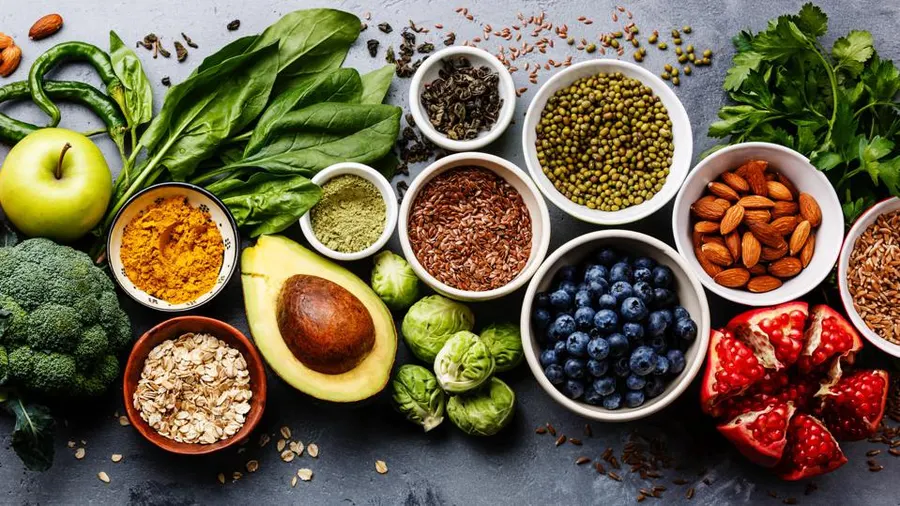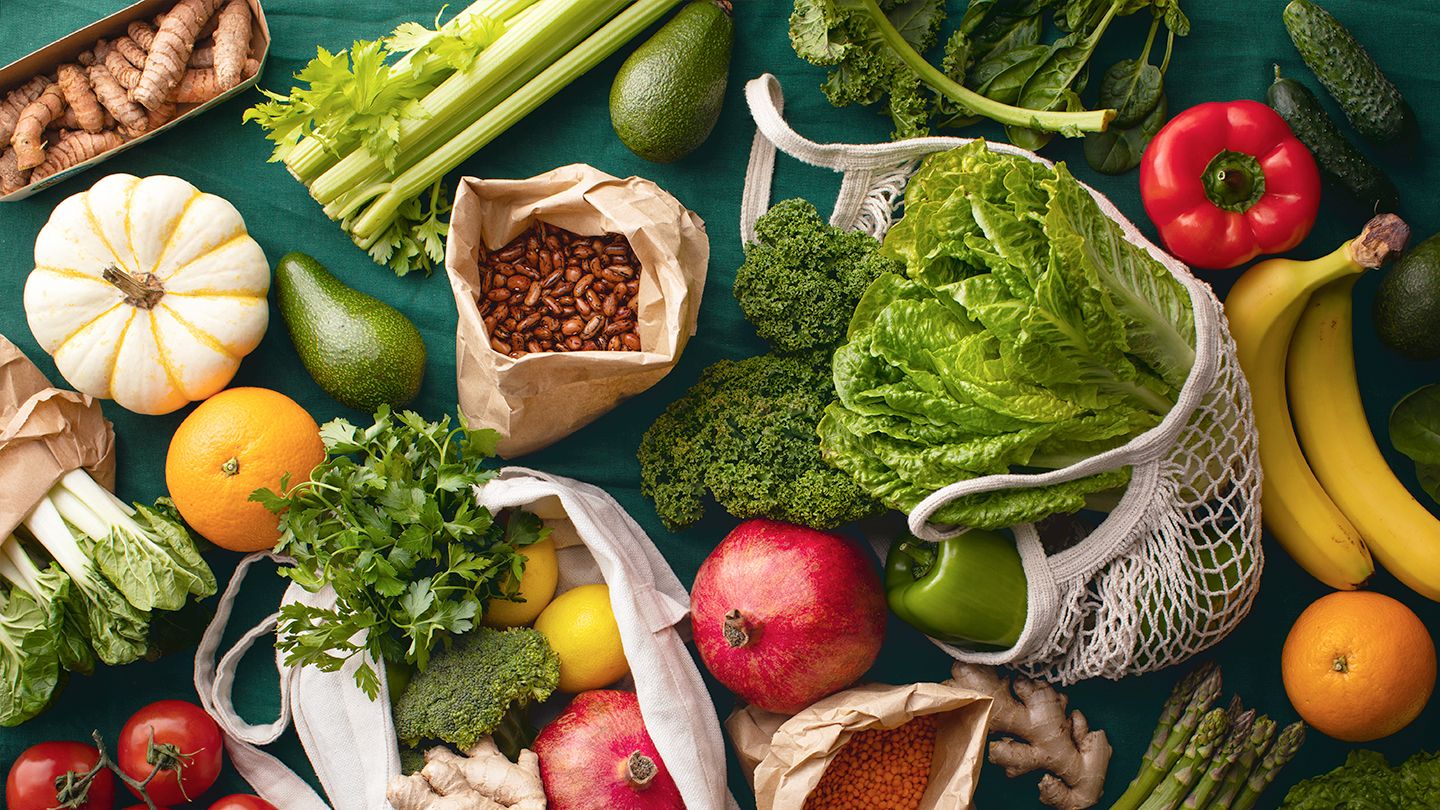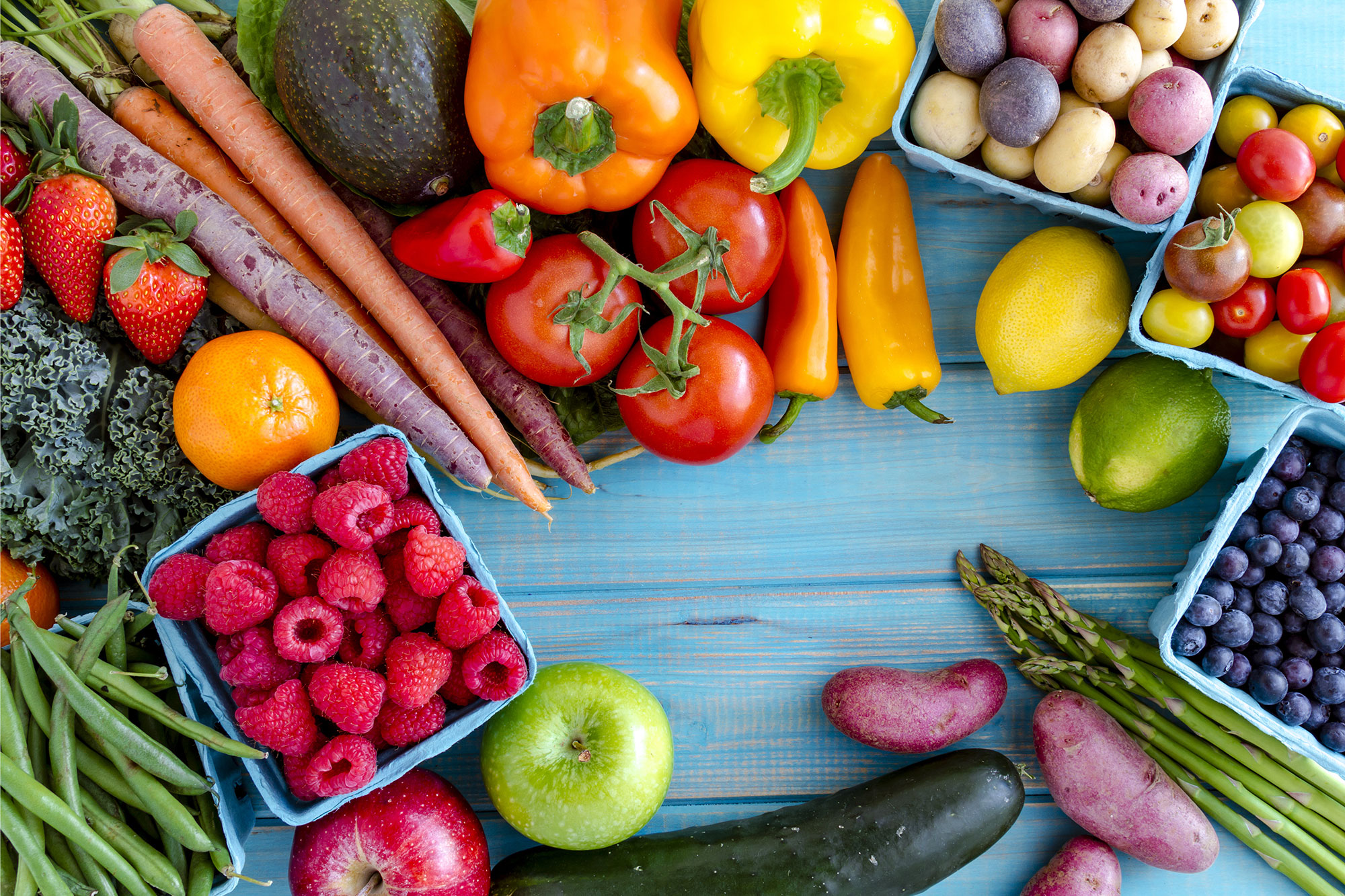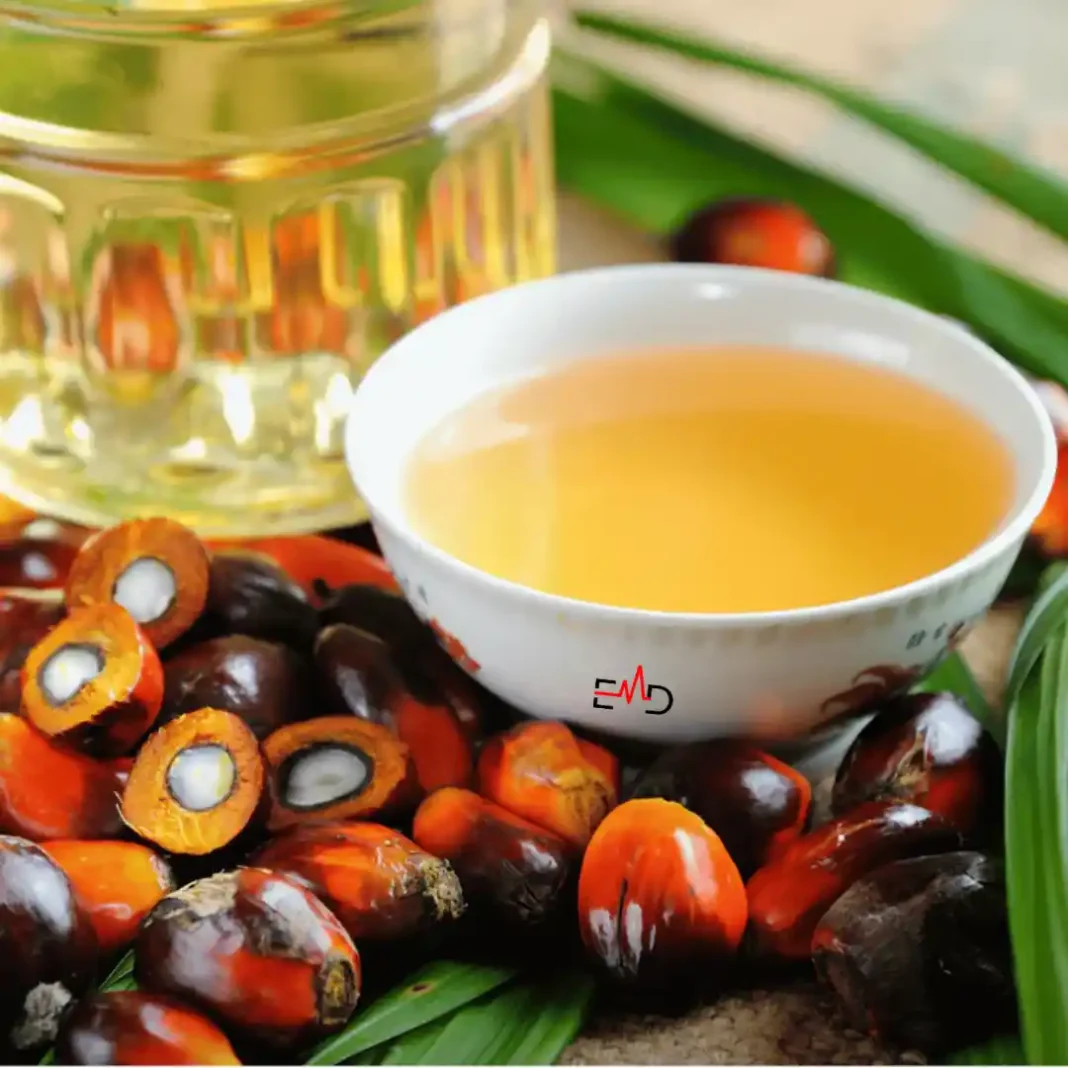Exercise Daily – When you think of athletes, you probably picture someone with a lot of muscle, intense training, and a hearty diet filled with meat. But did you know that many athletes are turning to a vegan lifestyle to maximize their performance? Whether it’s for ethical reasons, environmental concerns, or health benefits, the vegan diet is becoming more popular among athletes. But can a vegan diet help athletes perform better? Let’s dive in and explore how following a vegan lifestyle can enhance an athlete’s physical performance.
What is a Vegan Diet?
A vegan diet is a plant-based diet that excludes all animal products. This includes meat, dairy, eggs, and even honey. Instead, vegans consume a wide variety of plant-based foods such as fruits, vegetables, grains, legumes, nuts, and seeds. It’s not just about what you don’t eat; it’s about focusing on the nutrient-rich foods that nature has to offer. For athletes, this means that they have to carefully plan their meals to ensure they’re getting all the necessary nutrients for optimal performance and recovery.
Why Do Athletes Choose a Vegan Diet?
Many athletes are choosing a vegan diet for a variety of reasons. One of the main factors is health benefits. A vegan diet, when properly planned, can be packed with essential nutrients, antioxidants, and fiber, which help to reduce inflammation and improve overall health. Another major factor is ethical concerns. For some athletes, avoiding animal products is a way to align their lifestyle with their personal beliefs about animal rights. Lastly, the environmental impact of a plant-based diet is another consideration, as animal agriculture is a significant contributor to greenhouse gas emissions.

Benefits of a Vegan Diet for Athletes
1. Improved Endurance
Endurance athletes, such as marathon runners, triathletes, and cyclists, have found that a vegan diet can improve their performance. Plant-based foods are rich in complex carbohydrates, which provide a slow release of energy, keeping athletes fueled for longer periods. Additionally, plant-based foods are typically lower in saturated fats, which can clog arteries and reduce cardiovascular efficiency. A plant-based diet supports heart health and enhances endurance, allowing athletes to push their limits during long training sessions or competitions.
2. Faster Recovery
Recovery is just as important as performance in an athlete’s training routine. A well-planned vegan diet can help speed up recovery times after intense workouts. Plant-based foods are packed with antioxidants that help reduce oxidative stress and inflammation in muscles. This means that vegan athletes often experience less soreness and faster recovery times, allowing them to train harder and more frequently.
3. Increased Energy Levels
When athletes switch to a vegan diet, they often report feeling more energized throughout the day. This is due to the high fiber content in plant-based foods, which helps maintain steady blood sugar levels. Unlike a heavy, meat-based meal that can leave you feeling sluggish, plant-based meals provide a steady stream of energy without the post-meal crash.
4. Better Digestion and Gut Health
Athletes need to maintain a healthy digestive system to optimize nutrient absorption and energy production. A vegan diet is naturally rich in fiber, which aids digestion and supports a healthy gut. A well-functioning digestive system ensures that the body absorbs all the essential nutrients, which is especially important for athletes who need to maintain a balance of vitamins and minerals.
Vegan vs. Vegetarian Diet for Athletes: What’s the Difference?
When considering a plant-based diet, athletes may wonder whether they should follow a vegan or a vegetarian diet. While both diets emphasize plant-based foods, there is a key difference. A vegetarian diet allows for the consumption of dairy products and eggs, whereas a vegan diet excludes all animal products, including dairy and eggs.
For athletes, both vegan and vegetarian diets can support physical performance and recovery, as long as they are well-planned and provide all the necessary nutrients. Vegetarian diets may be easier to follow for athletes who are transitioning away from animal products since dairy and eggs can be excellent sources of protein. However, vegan diets require more careful planning to ensure that athletes are getting sufficient plant-based protein and other essential nutrients.
Plant-Based Protein Sources for Athletes
One of the main concerns athletes have when switching to a vegan diet is protein intake. However, there are plenty of plant-based protein sources that can help athletes meet their protein needs. Some of the best sources of plant-based protein for athletes include:
- Lentils
- Chickpeas
- Black beans
- Tofu
- Tempeh
- Quinoa
- Hemp seeds
- Pumpkin seeds
- Chia seeds
These plant-based sources of protein provide all the essential amino acids needed for muscle repair and growth. While animal protein is often touted as superior for muscle building, plant protein is just as effective when consumed in adequate amounts and from a variety of sources.

Practical Advice for Athletes Adopting a Vegan Diet
For athletes who are new to a vegan lifestyle, transitioning to a plant-based diet can be a bit overwhelming. However, with the right approach, it can be done seamlessly. Here are some practical tips for athletes who want to follow a vegan diet:
-
Plan Meals Carefully: Ensure that your diet includes a variety of plant-based foods to meet your nutritional needs. Don’t just focus on one or two food groups – aim for a diverse selection of grains, legumes, vegetables, fruits, and healthy fats.
-
Monitor Protein Intake: Since plant-based protein sources are sometimes lower in protein compared to animal products, athletes should ensure they are consuming enough protein throughout the day. Try to incorporate a variety of plant-based protein sources in each meal.
-
Supplement Wisely: While a well-planned vegan diet can provide most of the nutrients you need, some athletes may need to supplement with Vitamin B12, iron, or omega-3 fatty acids. Always check with a nutritionist or healthcare professional before starting supplements.
-
Stay Hydrated: Vegan foods can be high in fiber, which is great for digestion but can also increase the need for water. Be sure to drink plenty of fluids, especially during training.
-
Focus on Whole Foods: Try to focus on whole, minimally processed foods rather than relying on vegan junk food. Whole foods, such as beans, lentils, whole grains, and vegetables, provide more nutrients and are better for overall health and performance.
The Impact of Vegan and Vegetarian Diets on Physical Performance
A growing body of research supports the idea that both vegan and vegetarian diets can enhance athletic performance. Studies have shown that plant-based diets may improve endurance, strength, and overall exercise performance.
For example, research conducted by the International Society of Sports Nutrition suggests that a well-planned vegan diet can support athletic performance, improve recovery, and help athletes maintain a healthy weight. Vegetarian and vegan athletes often report better heart health, reduced inflammation, and improved gut health, all of which contribute to improved performance and recovery.
Vegan Nutrition for Athletes: What You Need to Know
To ensure optimal vegan nutrition, athletes must focus on getting enough of the following nutrients:
- Protein: As mentioned, plant-based protein sources are key to muscle repair and growth.
- Iron: Iron is vital for energy production and preventing fatigue. Plant-based sources of iron include lentils, spinach, and fortified cereals.
- Omega-3 Fatty Acids: These healthy fats are important for heart health and inflammation. Sources include flaxseeds, chia seeds, and walnuts.
- Vitamin B12: This vitamin is not found in plant-based foods, so athletes should consider fortified foods or supplements.

Conclusion
Adopting a vegan lifestyle as an athlete doesn’t mean sacrificing performance. A well-planned vegan diet can provide all the nutrients necessary to maximize endurance, speed up recovery, and maintain energy levels. Whether you’re a marathon runner, a weightlifter, or a casual gym-goer, a plant-based diet can help you perform at your best while aligning your eating habits with your personal values. So, why not give it a try? You may just find that going vegan is the secret to unlocking your full athletic potential.
FAQs – Vegan Lifestyle for Athletes: Maximize Performance
Q: Can a vegan diet support an athlete’s protein needs?
A: Yes! There are plenty of plant-based protein sources, such as lentils, tofu, quinoa, and chickpeas, that can meet an athlete’s protein needs.
Q: Is it difficult for athletes to follow a vegan diet?
A: While it may take some time to adjust, following a vegan diet can be easy with proper meal planning and the right nutritional knowledge.
Q: How can vegan athletes recover faster after workouts?
A: Plant-based foods are rich in antioxidants and anti-inflammatory properties, which help to reduce muscle soreness and improve recovery times.
Q: What are the health benefits of a vegan diet for athletes?
A: A vegan diet can improve endurance, support heart health, reduce inflammation, and increase energy levels, all of which are important for athletic performance.




